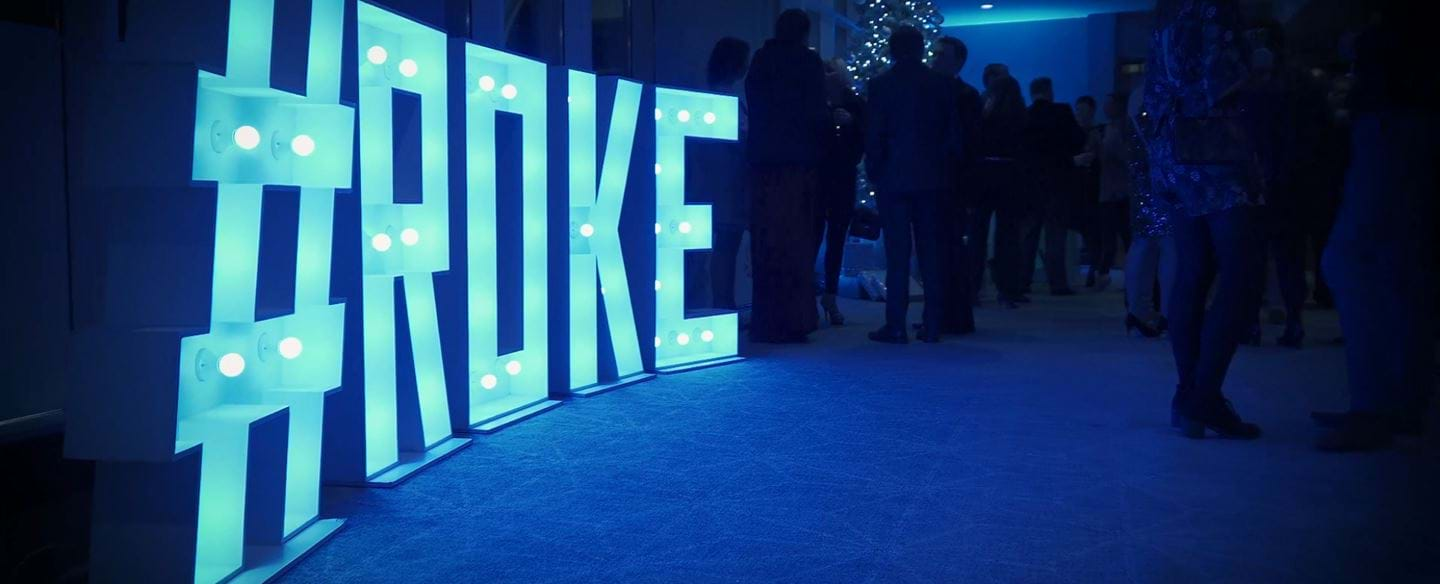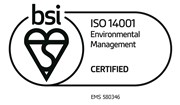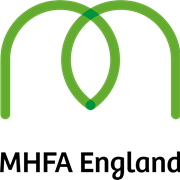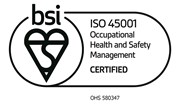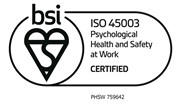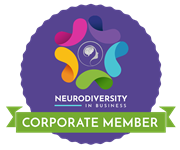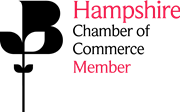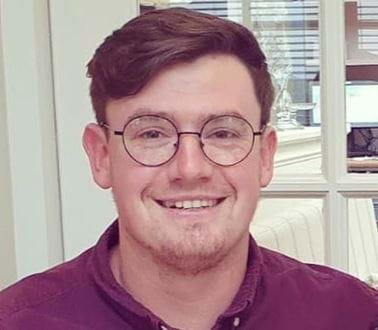
Roke meets
Jack
Meet Jack, one of our fantastic Engineers. He joined Roke as part of our third Roke Academy cohort through which he found a love of software engineering.
We caught up with him to chat about why he loves his job, how he found his time in the Roke Academy, and the excellent advice he’d pass onto other service leavers.
Tell us about your military background?
I joined the army straight from school at 16 as a Royal Engineer Digital Communication Technician. I completed basic training at ATFC (ATR) Winchester and then went off to Gibraltar barrack, 3RSME near Camberly, Surrey. Here I completed a 12-week combat engineering course followed by 10-weeks digital communications training. I then joined a holding troop doing my cat B driving licence before going to the Defence School of Driving near Leconfield where I picked up my Cat CE license.
Sadly, after returning to Gibraltar barracks waiting to go to regiment, my career ended due to medical discharge, and I spent months in a holding troop doing physio alongside doing my resettlement and eating cheesy beans on toast at the Jackson Club.
Why Roke?
I was looking for a change in career and wanted to break out into tech but had very little, if any, experience and knowledge in this area. I happened to come across the Roke Academy, offering people the chance to learn and build skills as a software engineer with no previous experience. The opportunity almost felt a little too good to be true!
So, at first, I was a little hesitant, but took the chance and applied. As I would with any job application, I do a bit of research on the company I am applying to, and I found Roke more and more appealing to me. The type of work we do seemed interesting and certainly caught my attention. What Rokies were saying about the company really made me feel this would be a great place to work.
You joined us as part of the Roke Academy. How did you find the programme?
I thought that the programme was great, especially for someone who had no experience in software engineering. I was nervous to start as I thought I was going to be behind as I had no experience, but it was designed for people just like me.
It was a six-month course, three months of which was spent working from home learning the basics of engineering led by an experienced engineer. We had keeping in touch days with everyone from the cohort and took part in team building activities. I particularly enjoyed these as it was a break from the computer and started to build better relationships with those on the programme.
After the first three months we went into the innovation phase where we were introduced to working in a Roke office and split into four teams working on different innovation projects putting into practice the skills we had learnt so far. The cohort was great and very supportive of each other, we all came from different backgrounds with different technical experience and life experience.
What do you enjoy most about working at Roke?
The coffee machines! But seriously, there is a lot I enjoy about working at Roke. The projects we work on are excellent, and even if you’re not enjoying the work on certain projects the company is really supportive and does its best to move you to something you want to work on where possible.
I come into the office as much as I can because I love the people I work with and the environment I work in. I always have support around me when I need it either technical or personal.
Tell us about the Veterans ERG – how does it support service leavers?
The Roke Veterans network (RVN) is a continuously improving group and it genuinely cares about the people in it. There are meetings every Friday for those that can attend where people can chat about anything. Whether that’s reaching out for support both personal, technical or something to do with business and processes, but more often than not it’s a place where people can forget they are in an office and have a chat to fellow veterans the way they were used to in the military.
The RVN also has at least two mental health first aiders trained by Mental Health First Aid England to support veterans, employees, and anyone else who needs it. They are a great source of information as to where to get professional help from or someone to just have a chat with.
What advice would you give anyone moving on from, or thinking of moving on from the armed forces?
For those that are leaving or thinking about leaving, there are incredible jobs out there in the tech world that all veterans are more than capable of doing regardless of job and rank. You have a lot more transferable skills than you know and there are a lot of resources out there to help you discover that.
My only advice to those going through the process or thinking about it, is communicate and network. Network with those that have been through the process to help you with your CV and make you see how those skills are transferable. Talk to people in the careers you think you want to go into find out if it’s for you.
The last thing I would say is communicate. From my experience and others, it’s not always easy! Everyone’s experience differs but reach out and talk. It’s not just a job you are leaving, it’s a lifestyle. It isn’t always easy to adjust, either with work or day to day life. There is a lot of help out there and you don’t have to do it alone.
What do you do when you’re not working?
Outside of my work life I try to be active. You’ll often find me playing squash, 5-a-side football or golf when weather permits. I also enjoy long walks with my fiancée and dog. When I’m not feeling so active, you’ll find me in my local pub or ale house watching football and rugby with friends.
